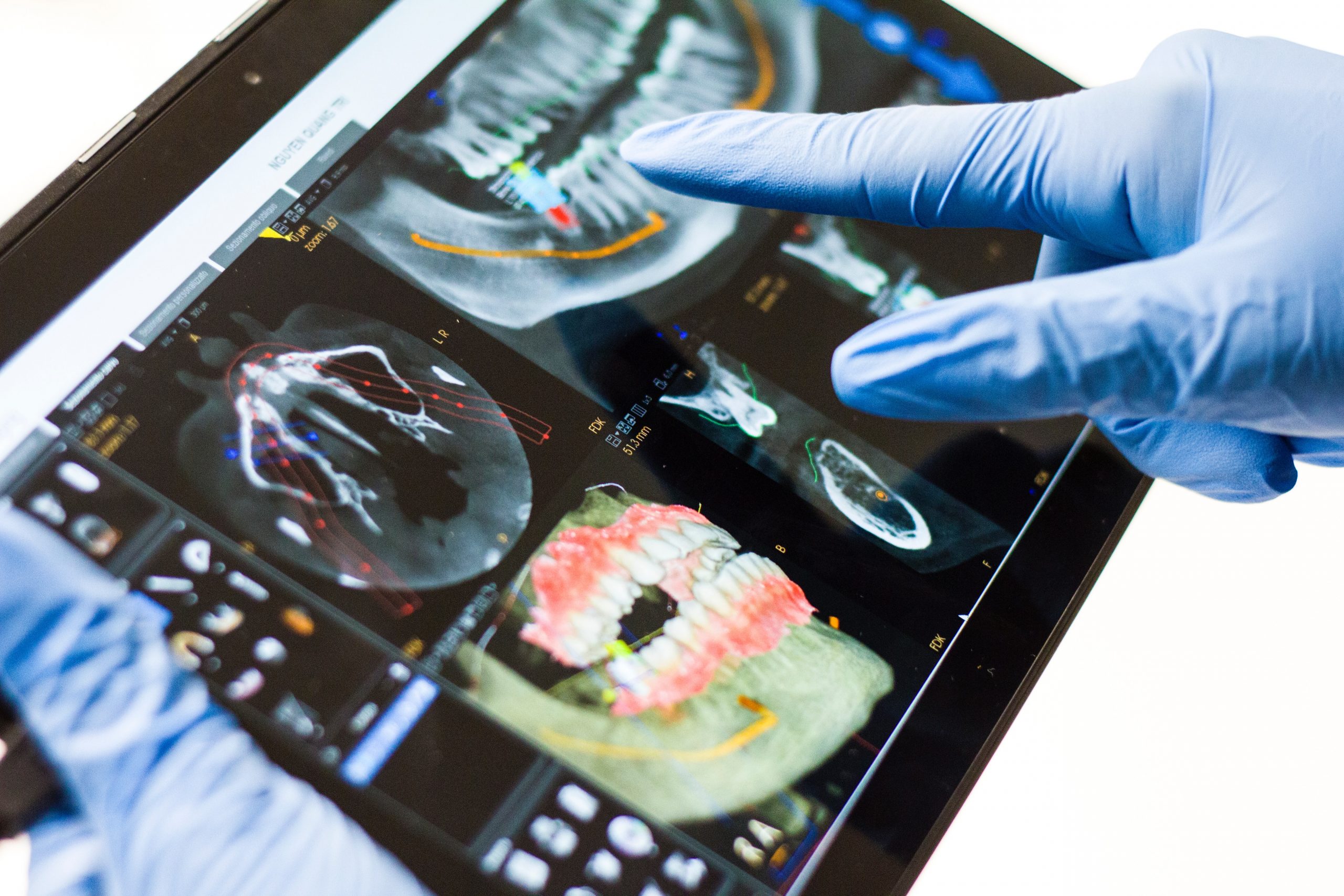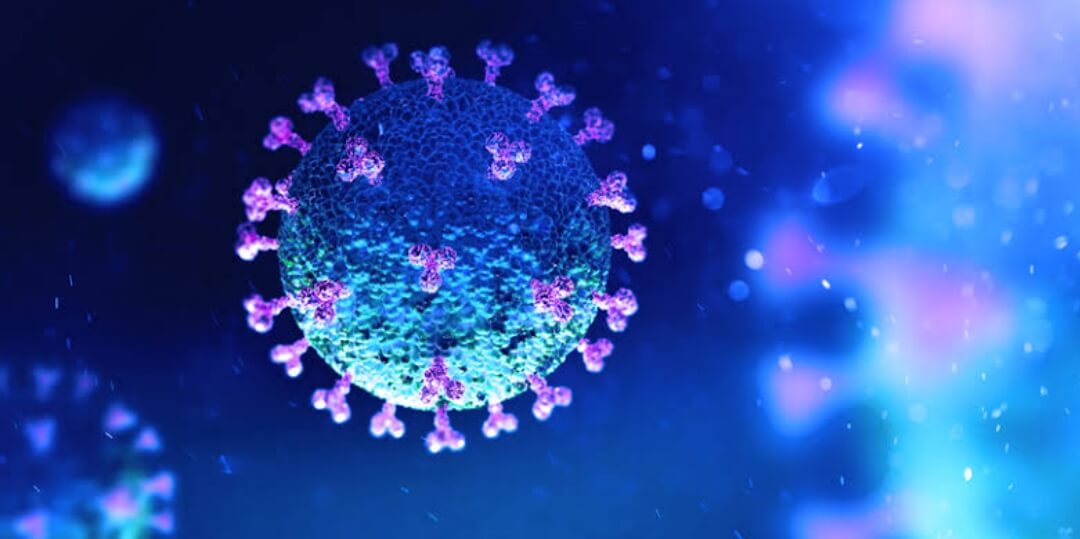
How AI, Big Data and Machine Learning Is Crafting Precision Medicine
Artificial intelligence (AI) is a wide-ranging branch of computer science concerned with building smart machines capable of performing tasks that typically require human intelligence. Organizations across the world are relying on AI to better serve customers and unlock new business value. In a segment like healthcare, AI's ability to process large amounts of unstructured data makes it the preferred technology to handle the growing volume of data in a vast country like ours. AI is helping healthcare experts prevent ailments with timely interventions, speed patient recovery, and make medical analysis, Crafting Precision Medicine and getting more accurate for personalized treatment.
Three main principles for successful adoption of AI in health care include data and security, analytics and insights and shared expertise. Data and security equate to full transparency and trust in how AI systems are trained and in the data and knowledge used to train them. As humans and AI systems increasingly work together, it is essential that we trust the output of these systems.
Crafting Precision Medicine is a healthcare pathway that employs numerous technologies to guide individually tailored diagnosis and treatment for patients. The availability of technologies, including high performance computing (HPC), as well as large biological datasets, are critical for the implementation of a precision medicine pathway that has the power to impact on healthcare. At the center of this strategy is a set of computer algorithms that identify patterns in multidimensional datasets that are then used to predict or optimize based on the availability of similar data on individual patients.
AI-based diagnostic tools, such as the FDA-approved imaging tool for diagnosing diabetic eye disease, have already entered hospitals, but AI-based treatments are still at the foundational stage, Topol says. Take the work of Dr. Elizabeth Krakow, who is using machine learning to develop precision cancer treatments.












